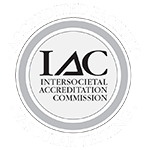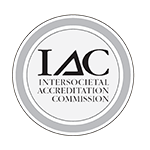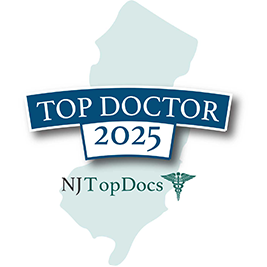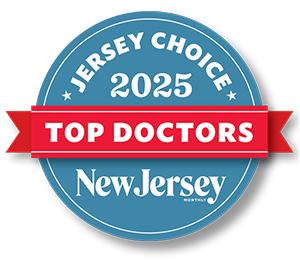
While technology continues to improve our capabilities in Vascular Surgery, people are still needed to perform the testing that we offer. Very few technological advances are possible without the input of trained professionals to guide the technology. Among the highly skilled professionals contributing to this progress are Registered Vascular Technologists (RVTs).
These dedicated individuals play a crucial role in the success of our non-invasive vascular laboratory. They assist our physicians in diagnosing patients through non-invasive diagnostic vascular procedures. Let’s explore why these technologists are so important, highlighting their unique characteristics, expertise, and the value they bring to the field of vascular medicine.
1. Expertise and Knowledge:
One of the defining traits of RVTs is their extensive expertise and knowledge in the field of vascular medicine. We require a minimum of four years of experience as a Registered Vascular Technologist, which allows these professionals to bring a wealth of understanding and insights into their work.
Moreover, many RVTs in the industry have reached impressive tenures of several decades. At The Cardiovascular Care Group our techs average 9.6 years each with one of our techs registering over 40 years of experience! This level of experience not only demonstrates dedication to their craft but also provides them with a deep understanding of vascular conditions and diagnostic procedures. Unlike other ultrasound technologists, these people are focused only on the diagnosis of diseases of the arteries and veins—their entire career consists of this highly specialized area.
2. Specialization in Venous Reflux Studies:
A significant factor that sets RVTs apart is their background in Vein Centers, which translates to their unparalleled expertise in venous reflux studies. Venous reflux occurs when blood flows backward in the veins, causing a range of issues such as varicose veins and leg ulcers. RVTs' proficiency in conducting venous reflux studies ensures accurate diagnosis and effective treatment planning for patients suffering from these conditions.
According to Amanda Burton, Vascular Manager at TCVCG, “During my career at TCVCG, I am proud to work very closely with our doctors making certain that patients receive the right test for the right reason. We frequently will perform these tests in real time—that is, directly with the doctor present when problems are found. This always makes the patient feel more comfortable not only in the doctor’s care, but also ours!”
The depth of their knowledge and comfort working alongside our doctors has allowed for precision in identifying the root cause of venous disorders, leading to improved patient outcomes.
3. Collaboration with Medical Staff:
In a vascular lab, RVTs play a crucial role in bridging the gap between medical staff and patients. They actively engage in educating medical personnel and patients on vascular anatomy and appropriate diagnostic tests for specific symptoms. This collaboration helps ensure that patients receive the most suitable and targeted care. And, as mentioned previously, RVTs work hand-in-hand with physicians, providing real-time vascular information and enhancing patient comfort and confidence in their medical care.
4. Cutting-Edge Technology and Patient Care:
RVTs are adept at utilizing advanced ultrasound machines to record vital vascular information, such as blood flow, anatomy and pressure changes across various areas of the body. By accurately interpreting this data, they aid physicians in making well-informed decisions about patient care and treatment plans. Additionally, RVTs prioritize patient safety and adhere to strict protocols to ensure patient safety and comfort.
5. Patient-Centric Approach:
At the core of their practice, RVTs exhibit a strong patient service orientation. They prepare patients for procedures, closely monitor and record vascular information during tests, and maintain a professional and empathetic demeanor while being a great source of information for patients. By fostering a patient-centric approach, RVTs help alleviate anxiety and create a comfortable environment for patients, making a positive impact on their overall healthcare experience.
Registered Vascular Technologists (RVTs) are an indispensable asset to any vascular lab and the field of vascular medicine at large. Their wealth of knowledge, specialized skills, and dedication to patient care make them a vital link in the diagnostic and treatment process. As they continue to advance their expertise and work closely with medical staff, RVTs play a pivotal role in improving patient outcomes and contributing to the ever-evolving landscape of healthcare. Their value cannot be overstated, and we salute their unwavering commitment to excellence in vascular medicine.








_2.jpg)